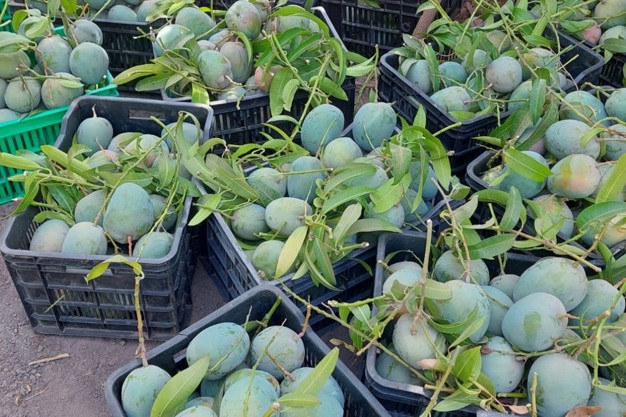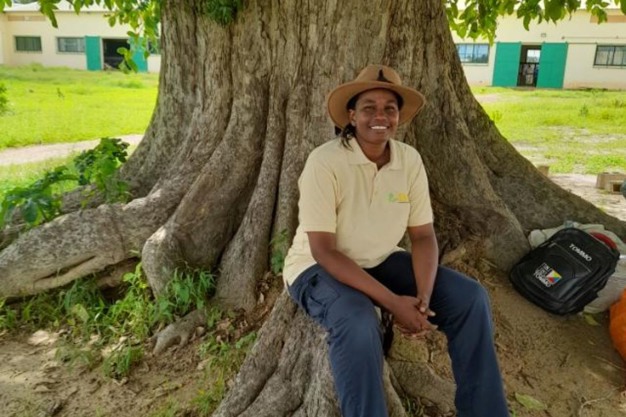Mango growing is progressing steadily in southern Senegal, but with a few complications that are worrying growers, says Aminata Dominique Diouf, a mango grower and exporter based in Nema.
Aminata said, "climatic conditions are getting difficult year on year, with heat waves occurring in December. This leads to disruptions in the production cycle, particularly delayed flowering. However, a delay in flowering does not automatically mean a delay in the start of the season, as it does not affect all the trees."

The grower continues, "After December, it was very cold this year in the Nema region, particularly from 6 pm onwards. The further into the night, the lower the temperature gets, which is good for mango trees. In excess, it causes complications for flowering. Fortunately, the temperature isn't very low at the moment. The coolness is fading and giving way to the warmth of the summer, which rises gradually during the day."
Mango growers in Senegal, and more generally in West Africa, also have to deal with the fruit fly. "We do everything we can to reduce the population by introducing new, more effective techniques, and we ensure to respect the trees and the soil in adopting practices such as trapping, fumigation, and hot water irrigation. We're lucky to be able to produce in a good window, allowing us to harvest before the rainy season. Losses are therefore not excessive, between 3% and 7% of volumes."

"The vast majority of mangoes for export are of the Kent variety," adds Aminata. "The acreage devoted to mangoes hasn't changed much from last year. For our part, we cultivated an area of 63 ha of Kent variety, in addition to a few varieties for the local market."
For more information:
Aminata Dominique Diouf
Domaine Agricole du Nema
Tel : +221 77 480 42 32
Email: aminatadominique@hotmail.com
